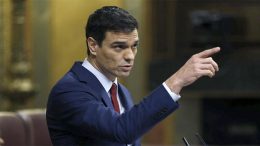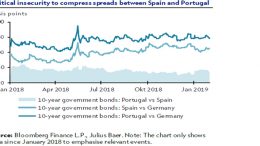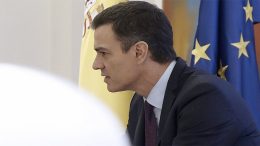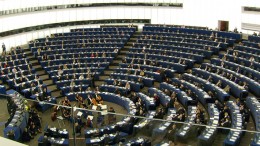Spain Election: Socialists win but will need coalition partners
Spain held its third national election since 2015 on Sunday. The socialist party won by a clear margin but fell short of an absolute majority in the national Parliament and will need to find coalition partners to form a government. “We will not put a sanitary cordon to anybody. Our only condition will be to respect the Constitution and advance in social justice,” PM Pedro Sánchez said.










